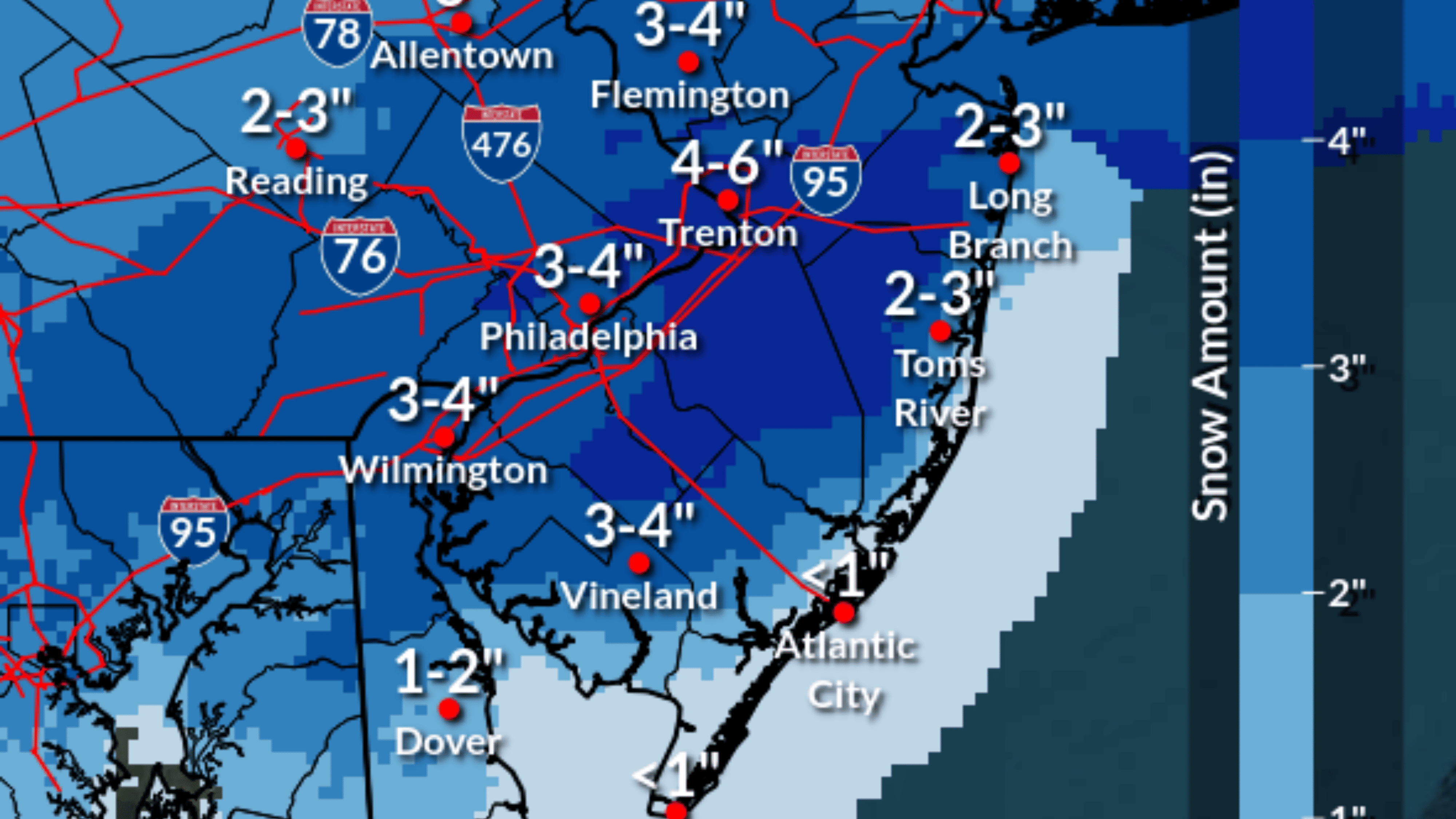New Jersey, known for its diverse landscapes and vibrant cities, also boasts a varied climate that can be both enchanting and challenging to navigate. Whether you’re a resident or a visitor, understanding New Jersey weather is essential for planning your activities and making the most of your time in the Garden State. This guide provides a detailed overview of New Jersey’s climate, seasonal changes, and weather patterns, ensuring you’re well-prepared for any weather eventuality.
Key Takeaways
- New Jersey experiences four distinct seasons, each with unique weather patterns.
- Coastal areas tend to have milder winters and cooler summers compared to inland regions.
- Weather can vary significantly within short distances due to the state’s diverse geography.
- Understanding seasonal trends can help you plan activities and travel in New Jersey effectively.
New Jersey Weather Overview
New Jersey’s climate is primarily classified as humid subtropical, with some areas experiencing a humid continental climate. This means that residents and visitors can expect hot, humid summers and cold winters, with significant temperature variations between seasons. The state’s geographical diversity, ranging from coastal plains to mountainous regions, contributes to its varied weather patterns.
Seasonal Weather Patterns
Spring (March to May)
Spring in New Jersey is a time of renewal and growth, with temperatures gradually warming up from the cold winter months. March can still be chilly, but by May, temperatures often reach a comfortable range, making it an ideal time for outdoor activities. Rainfall is moderate, and occasional thunderstorms may occur, particularly as the season progresses.
Summer (June to August)
Summers in New Jersey are typically hot and humid, with average temperatures ranging from the mid-70s to the high 80s Fahrenheit. Coastal areas enjoy cooler breezes, making them popular destinations for beachgoers. However, inland regions can experience sweltering heat. Thunderstorms are common, especially in the afternoons, providing brief relief from the heat.
Autumn (September to November)
Autumn is a picturesque season in New Jersey, with foliage transforming into vibrant hues of red, orange, and yellow. The weather is generally mild, with temperatures gradually cooling down. September can still feel summery, but by November, a noticeable chill sets in. This season is relatively dry, making it perfect for hiking and exploring the state’s natural beauty.

Winter (December to February)
Winters in New Jersey can be cold, with temperatures often dipping below freezing. Snowfall is common, particularly in the northern and western parts of the state, while coastal areas may experience milder conditions. January is typically the coldest month, and nor’easters can bring significant snow and wind to the region.
Regional Weather Variations
New Jersey’s weather can vary significantly from one region to another, influenced by its diverse topography.
Coastal Areas

The coastal regions, including cities like Atlantic City and Cape May, generally experience milder winters and cooler summers compared to inland areas. The proximity to the Atlantic Ocean moderates temperatures, reducing the likelihood of extreme weather conditions.
Inland and Northern Regions
Inland and northern parts of New Jersey, such as Sussex County, tend to have colder winters and hotter summers. These areas are more prone to snow during the winter months and can experience heatwaves in the summer. The higher elevation and distance from the ocean contribute to these variations.
Preparing for New Jersey Weather

Understanding New Jersey’s weather patterns is crucial for planning any activities, whether you’re a resident or a visitor. Here are some tips to help you prepare:
- Check the Forecast: Always check the local weather forecast before heading out. This will help you dress appropriately and plan your day accordingly.
- Layer Up: Due to the variability in temperatures, especially during transitional seasons, wearing layers can help you stay comfortable throughout the day.
- Stay Informed: Keep an eye on weather alerts, especially during the winter months when nor’easters and snowstorms can impact travel and safety.
- Plan for Indoor Activities: On days when the weather is less favorable, consider exploring indoor attractions such as museums, galleries, and shopping centers.
New Jersey weather offers a unique blend of experiences, from the snowy winters in the north to the balmy summers along the coast. Understanding the state’s climate and regional variations can enhance your experience, whether you’re enjoying a beach day, hiking in the mountains, or exploring the vibrant cities. By staying informed and prepared, you can make the most of what New Jersey has to offer, no matter the season.
